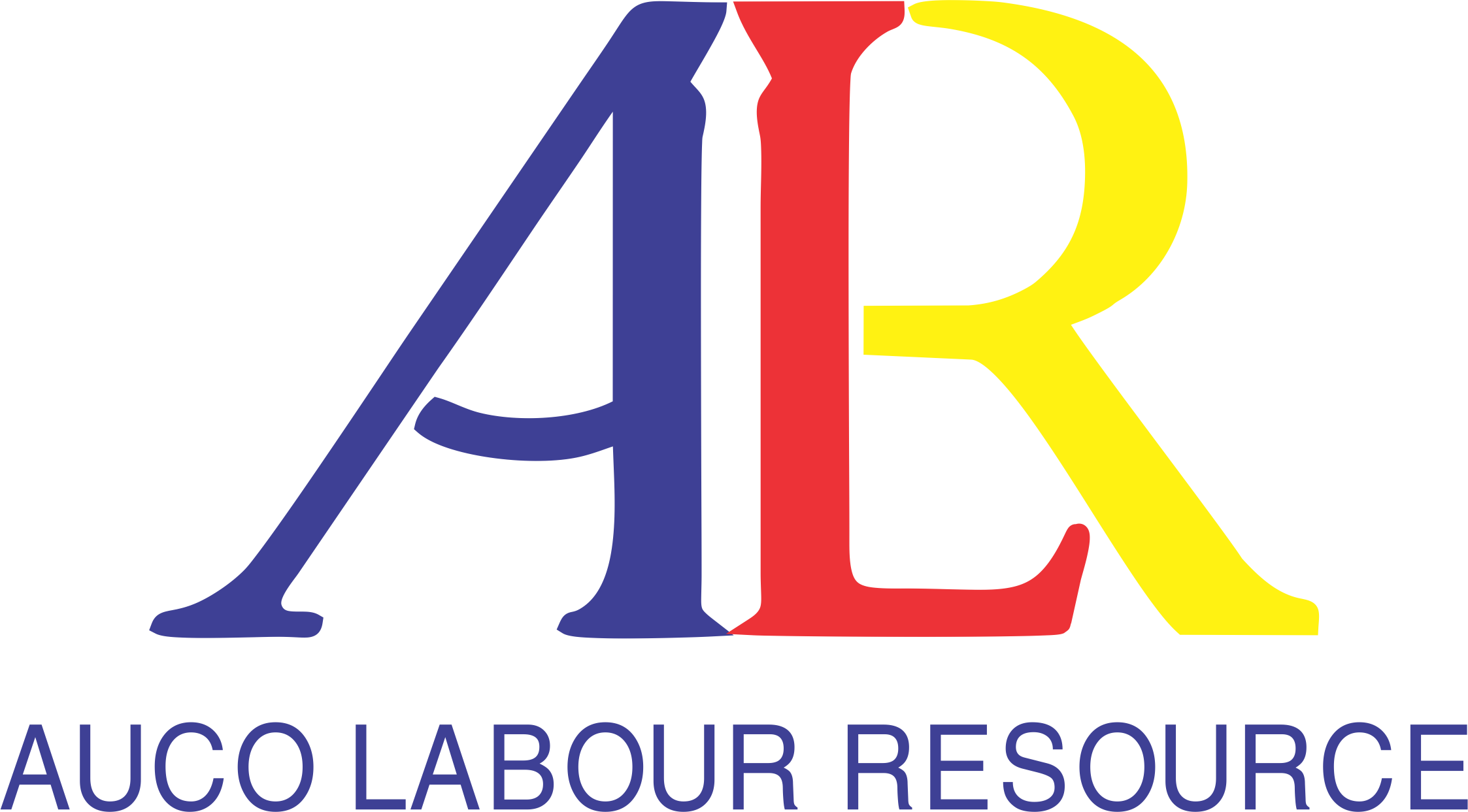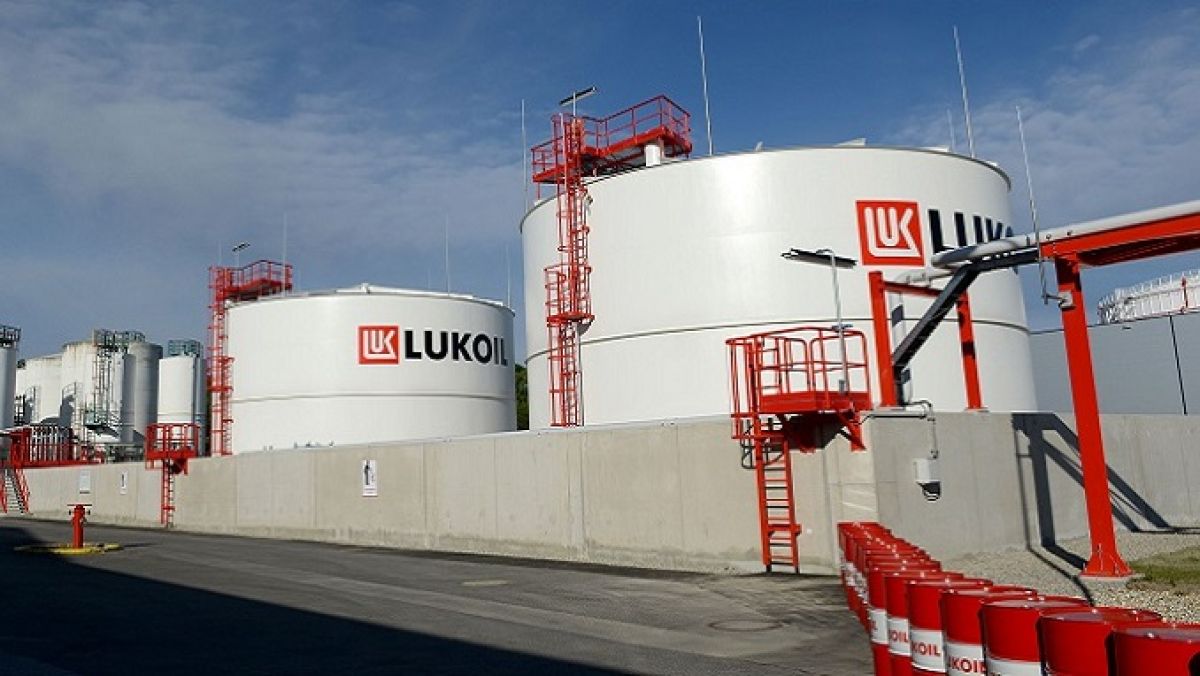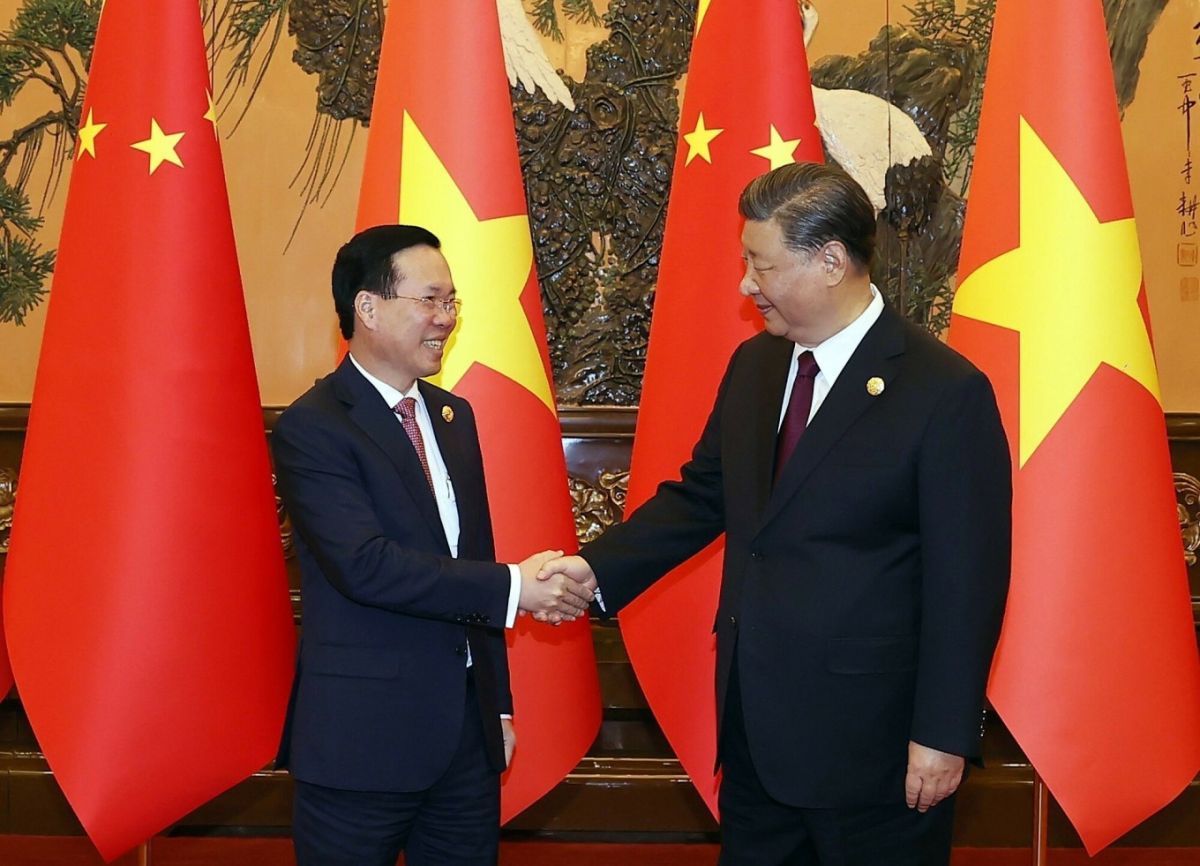The United States Department of Commerce has officially launched a review of changes in circumstances to recognize Vietnam as a market economy. A representative of the Ministry of Industry and Trade (MoIT) described this as a positive and goodwill gesture from the US, and that the current context creates some favorable conditions for Vietnam. At the end of October, the United States published a notice that it was initiating a review of changes in circumstances to consider Vietnam's market economy status (MES).
VietnamNet reporter had a conversation with Mr. Trinh Anh Tuan, Director of the Department of Trade Remedies (MoIT), about this issue.
Favorable context and positive US gesture
- Can you tell us how the process of the United States launching a review of changes in circumstances to recognize Vietnam as a market economy will take place, and how long it will take to issue the final conclusion on the issue of Vietnam's market economy?
Mr. Trinh Anh Tuan: On September 8, 2023, the Ministry of Industry and Trade (MoIT) submitted a dossier requesting the United States Department of Commerce (DOC) to initiate a review of changes in circumstances (CCR) to recognize Vietnam as a market economy within the framework of the first administrative review of anti-dumping duties (AD duties) on honey to the US Trade Remedies (VRT) website (ACCESS).
According to US regulations, DOC has 45 days to consider initiating CCR. On October 23, 2023, DOC officially initiated CCR to review the issue of market economy for Vietnam. Accordingly, unless extended, interested parties will have 30 days from the date of posting information in the Federal Register (October 30) to submit comments (by November 29, 2023) and the next 14 days to submit rebuttal comments (by December 13, 2023).
According to the procedural process of the CCR case, unless the case is extended, DOC will have 270 days from the date of initiation to complete this review and issue the final conclusion (scheduled for July 26, 2024).

Mr. Trinh Anh Tuan, Director of the Department of Trade Remedies
- How do you evaluate this action of the United States, when recently our senior leaders have repeatedly mentioned the request for the United States to soon recognize Vietnam as a country with a market economy?
It can be said that the issue of market economy is one of the important issues that the two countries are concerned about and has been included in the Joint Statement on Upgrading Vietnam-US Relations. Therefore, the United States' initiation of a review of changing circumstances to consider the issue of market economy for Vietnam is seen as a positive, goodwill gesture from the other side.
However, to consider the issue of Vietnam's market economy, it must comply with the laws and regulations of the United States. This process requires the participation of the Government of Vietnam, organizations, individuals, associations, industries, and businesses concerned, and must comply with the deadlines set by the United States. The Ministry of Industry and Trade is coordinating with relevant ministries and agencies to participate in the US investigation process.
The current context creates some advantages for us, especially the recognition of many countries about Vietnam's economy and the active integration into bilateral and multilateral free trade agreements. Currently, 72 countries recognize Vietnam as operating under a market economy mechanism, including the United Kingdom, Canada, Australia, and Japan.
Vietnam has also signed over 90 bilateral trade agreements, about 60 investment promotion and protection agreements. As of August 2023, Vietnam is a member of 16 free trade agreements (FTAs) with the participation of about 60 economies, including 15 FTAs that have entered into force and 1 new FTA officially signed.
Vietnam is negotiating 3 other FTAs. In particular, there are many new generation FTAs such as CPTPP, EVFTA, which meet high standards in traditional areas such as trade in goods and services, new areas such as labor, environment, government procurement, transparency, investment dispute settlement mechanism, state-owned enterprises.
Urgent task
- So, in recent times, what specific steps and preparations has the Ministry of Industry and Trade taken to contribute to the promotion of the US's early recognition of Vietnam as a market economy country?
According to US regulations, the recognition of a country as a market economy is a rigorous process that considers 6 criteria under US law on macroeconomics and the business environment of that country, including: The degree of convertibility of the currency; The issue of wage negotiations between workers and employers; The level of foreign investment in economic activities; The issue of state ownership, private ownership; The degree of government control over some resources and prices; Other factors.
Since 2008, Vietnam and the United States have established the Bilateral Working Group on the issue of market economy (Structural Issues Working Group - SIWG) and have held 10 technical sessions to exchange information according to the 6 US criteria, helping the US to update on the strong progress of the Vietnamese economy in recent years, creating a basis for the US to have a basis to review the issue of market economy for Vietnam.
In recent times, the Ministry of Industry and Trade has closely coordinated with relevant ministries, departments, associations, and the business community in Vietnam and abroad to analyze and summarize information as requested by DOC on the positive changes of the Vietnamese economy, emphasizing the degree of openness of the economy, trade policy, monetary policy, foreign investment, and progress in integration work meeting 6 US criteria for a market economy country. To be proactive and well-prepared when participating in the procedural process of reviewing the change of circumstances of a trade defense case to prove that Vietnam is a market economy country, the Ministry of Industry and Trade is also building arguments to respond, explain, clarify, or refute the opinions of other stakeholders on the issue of Vietnam's market economy. The work of promoting the US to recognize Vietnam as a market economy country is an urgent and necessary task in the current context. To implement this work in a systematic, coordinated, and comprehensive manner, it is necessary to have the close coordination of relevant ministries, industry associations, businesses, organizations, and individuals.
- Currently, the United States is still the country that investigates and applies the most trade defense measures to Vietnam's exported goods, so if Vietnam is recognized as a market economy, what advantages will the Vietnamese economy have?
In the context of Vietnam's exports to the United States are increasing (with total merchandise exports reaching 109.39 billion USD in 2022), the recognition of the issue of market economy has great significance for the manufacturing and exporting industries of Vietnam, creating a level playing field for Vietnamese goods against goods exported from other countries when the level of trade defense measures reflects the actual production reality in Vietnam. The issue of market economy is particularly important in the context of trade defense cases.
Specifically, in anti-dumping cases: Being considered a non-market economy leads to the non-use of normal price calculation principles, the investigating country will use a third country to calculate the replacement price when calculating the dumping margin, making the dumping margin is often very high, does not reflect the actual production reality of Vietnam. This creates a huge disadvantage for exported goods when they cannot compete with exported goods from other countries.
For example, in the anti-dumping investigation case with honey products, the high dumping margin the United States calculated for Vietnamese businesses had an initial tax rate of over 410% and finally up to 60%. In cases where the United States investigates anti-circumvention of anti-dumping/countervailing duty taxes on Vietnam's exported goods, the United States applies the method for non-market economy countries to calculate production costs in Vietnam in order to determine whether the assembly or completion process in Vietnam is significant or not.
In addition, the national tax rate regulation hinders the removal of the tax order. Specifically, considering Vietnam as a non-market economy allows DOC to apply a national tax rate - the rate for businesses that do not cooperate or cannot prove that they are not under government control.
The national tax rate is often calculated based on available data, so it is pushed up very high, equivalent to a ban and is maintained in all review rounds, hindering the consideration of removing the tax order. In addition, the change of country as a replacement value for Vietnam makes businesses not proactive, cannot control the level of anti-dumping tax, often receive high taxes. Typically in many cases such as tra fish, basa or shrimp, the United States has used the normal value of some countries such as Bangladesh, Indonesia, India, and the Philippines as the replacement value when calculating the dumping margin for Vietnam. With the frequent change of replacement countries in the review rounds, Vietnamese tra fish, basa and shrimp businesses have often been given high taxes.
- Thank you, sir!








